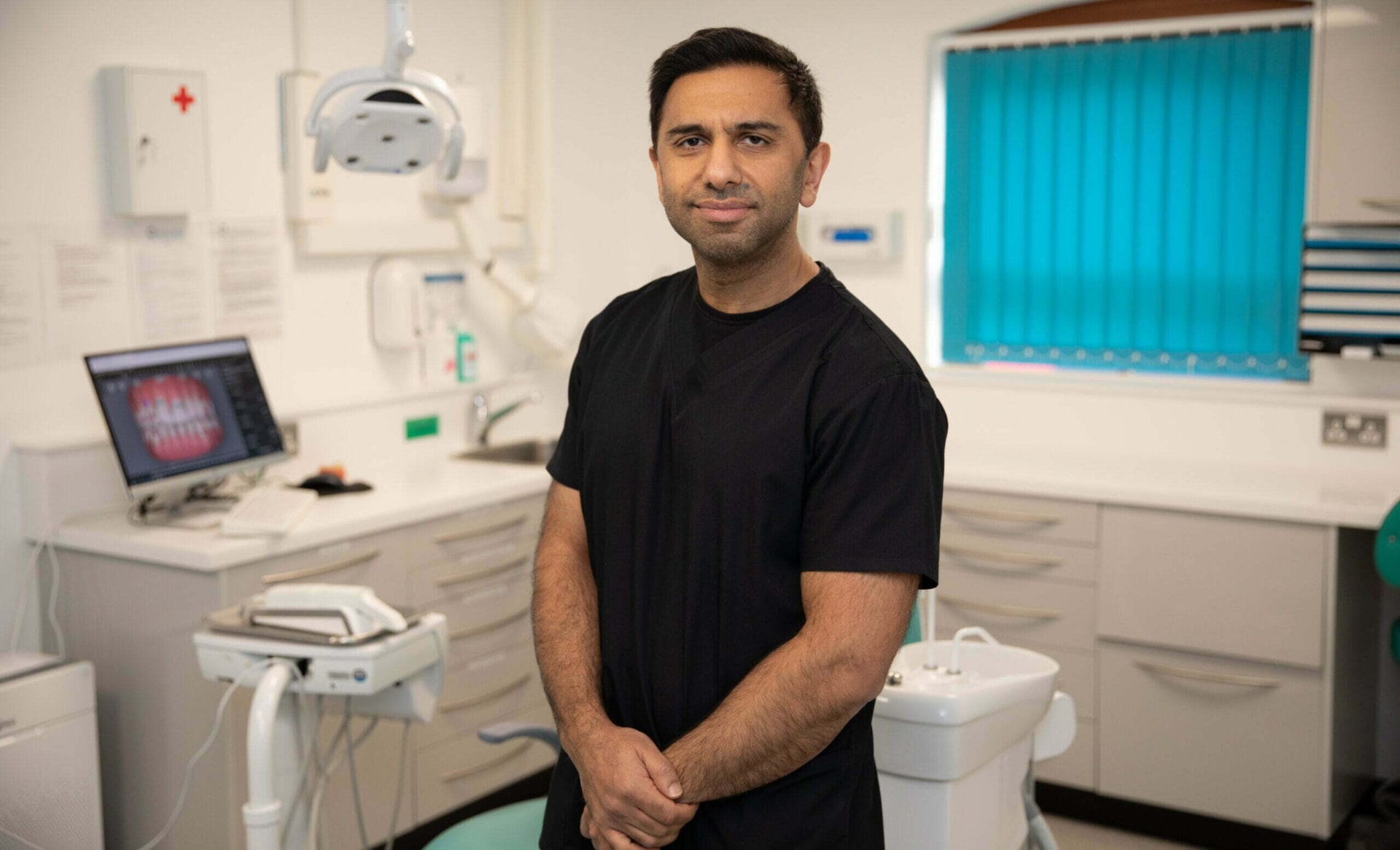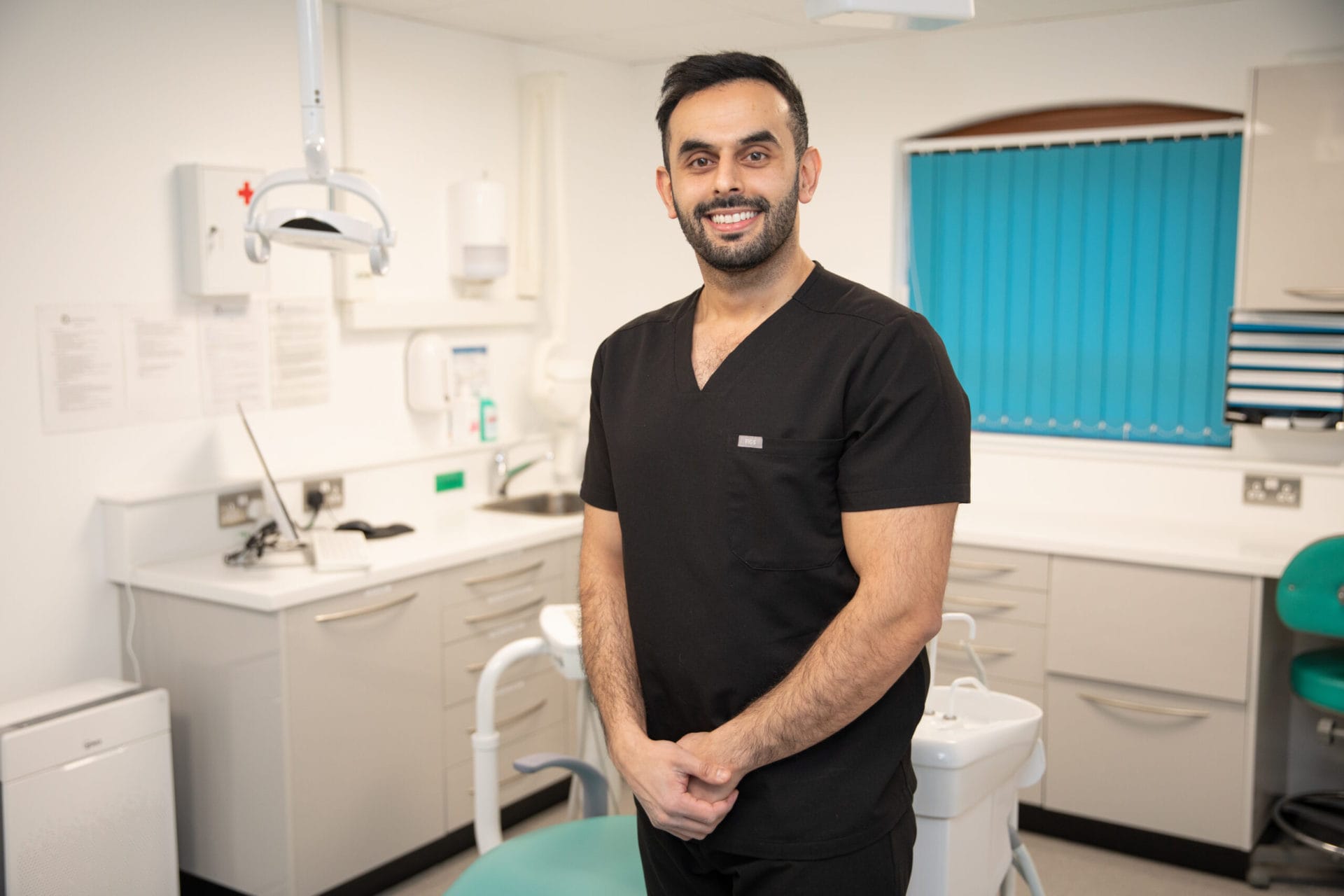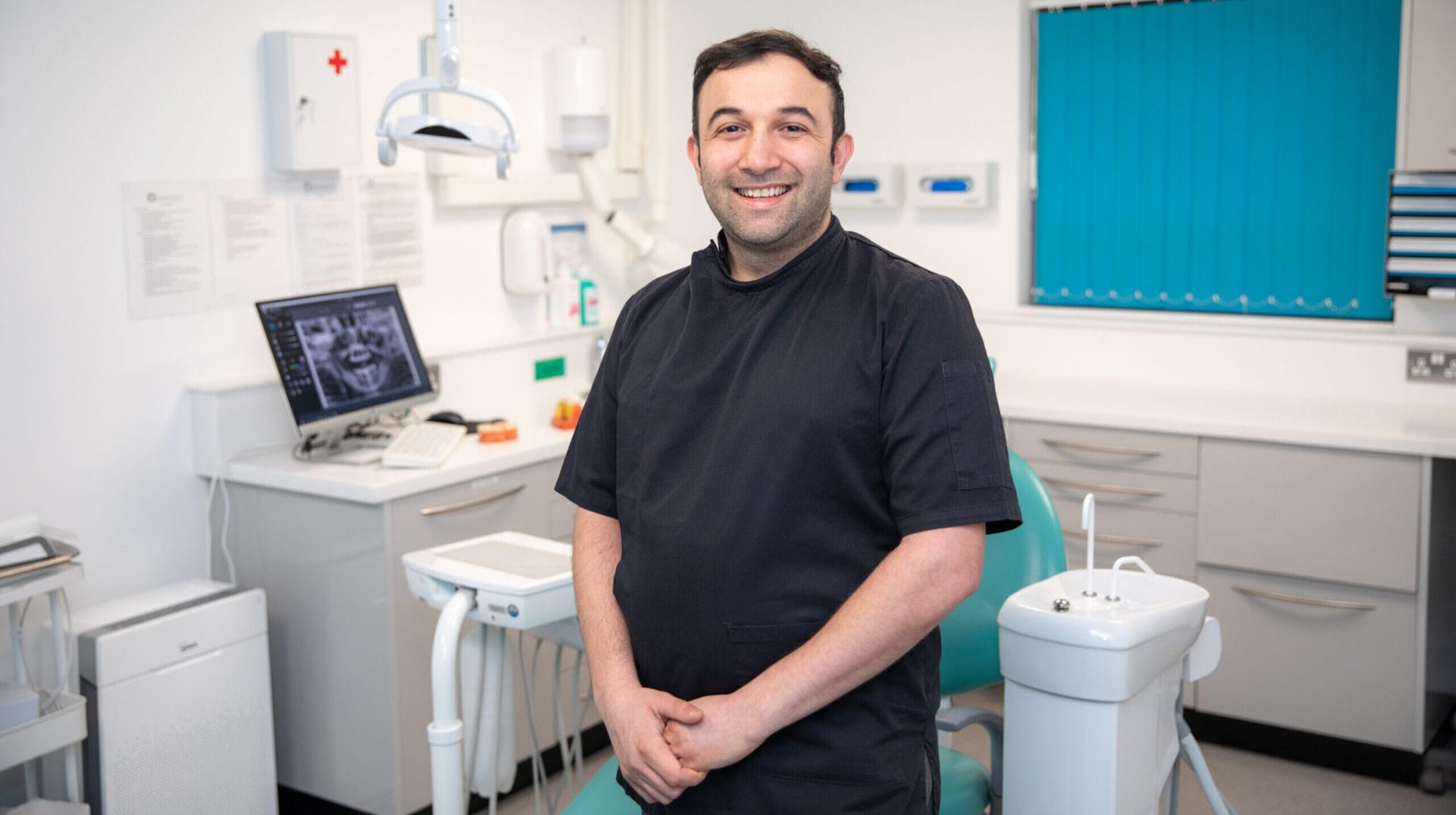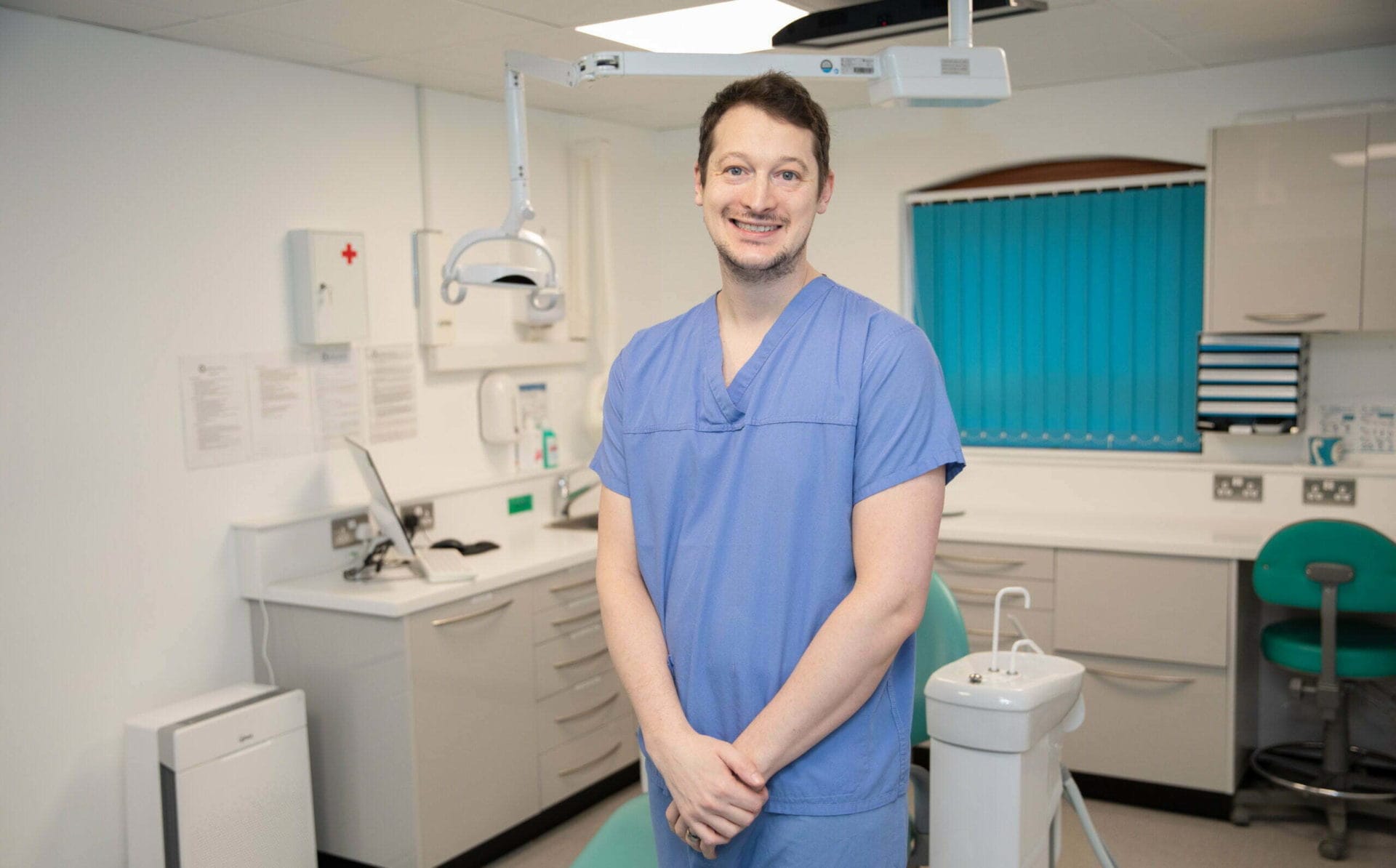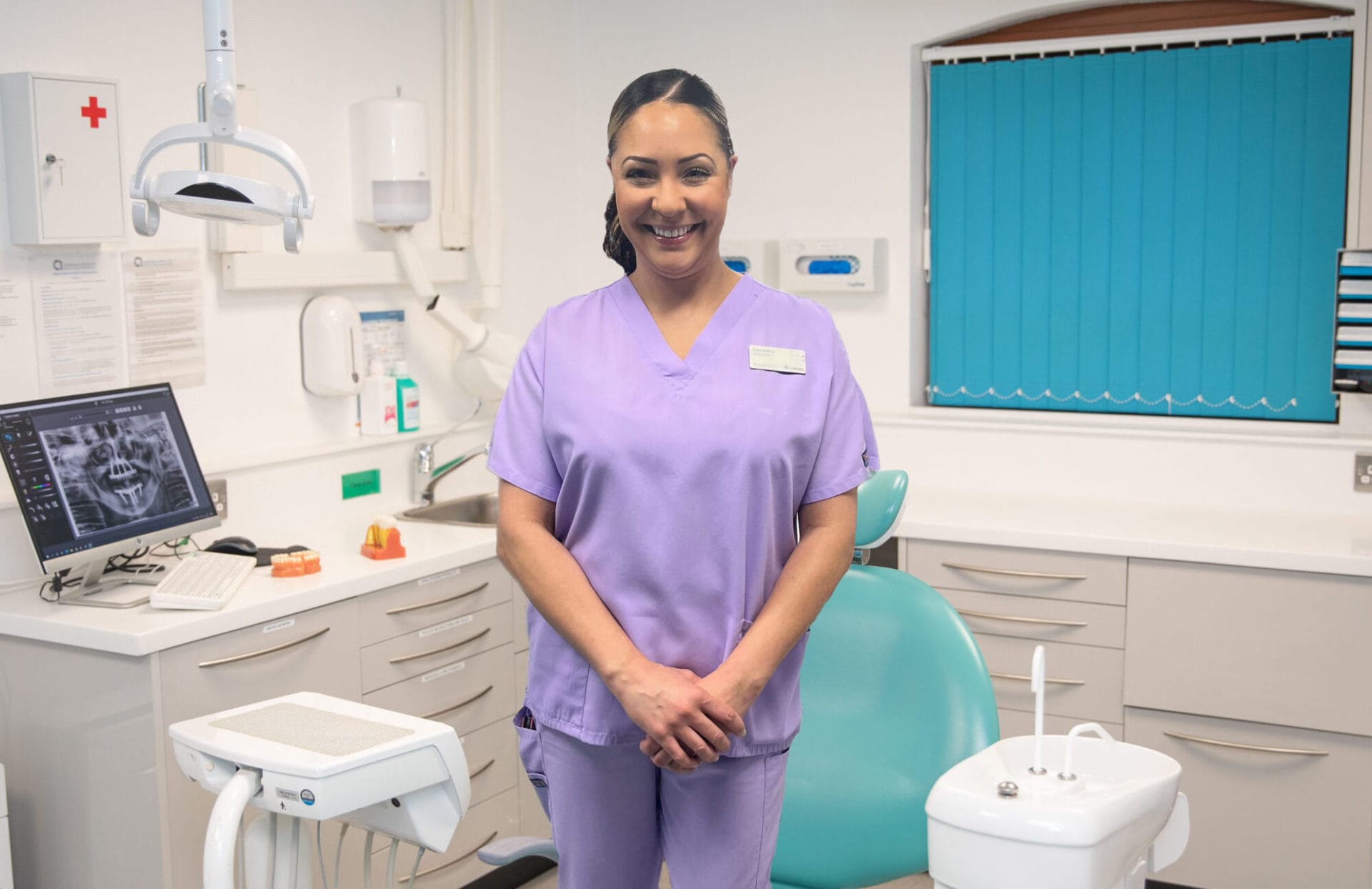
Ever wonder why your mouth sometimes feels filled with excess saliva? You’re not alone. While it might seem trivial, excessive saliva can be quite puzzling and sometimes embarrassing. But before you start worrying, let’s explore what’s really going on with all that extra spit.
- Should I Be Worried About Excessive Saliva?
- Causes of Excessive Saliva
- How Can You Treat Excessive Saliva Production?
Should I Be Worried About Excessive Saliva?
In most cases, excessive saliva production isn’t something to lose sleep over. However, it can sometimes be a signal from your body that something else might be up. Understanding the underlying conditions that might cause excess saliva and knowing when to seek professional help is key to addressing potential issues without feeling any unnecessary stress.Importance of Saliva Production for Oral Health
Saliva plays an important role in maintaining your oral health, and we produce 2 to 4 pints of saliva each day. Its superpowers include washing away food particles, which helps prevent tooth decay and cavities. Saliva also breaks down food for digestion and supplies high levels of calcium to strengthen your teeth. However, too little saliva can lead to dry mouth, increasing the risk of dental problems. So, while excess saliva production might be irritating, remember, it’s often better for your oral health than not having enough.Causes of Excessive Saliva
When it comes to why your mouth might have more spit than usual, there are a few culprits to consider:Overproduction of Saliva
Excessive saliva can sometimes stem from infections, reactions to medications, or even poisoning. These conditions can stimulate your salivary glands to go into overdrive, creating more saliva than your mouth can handle.Underlying Medical Conditions
Certain medical conditions can also lead to increased saliva production. For instance, hormonal changes during pregnancy, neurological conditions like Parkinson’s disease, ALS, or a stroke can interfere with your ability to swallow, leading to a build-up of saliva. Other medical conditions that can lead to excessive salivation include:- Sinus infections
- Sore throats
- Strep throat
- Acid reflux
